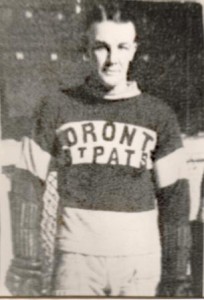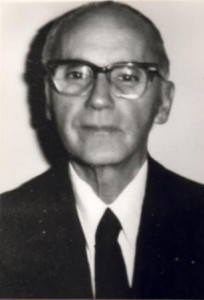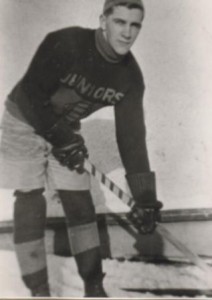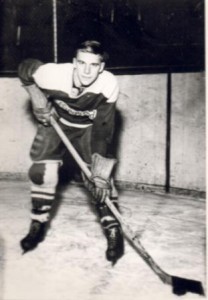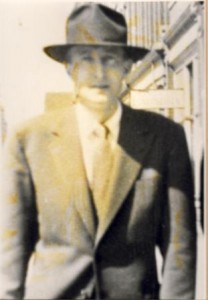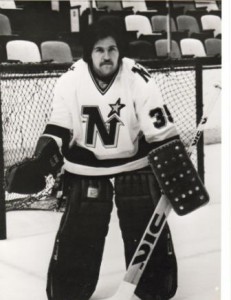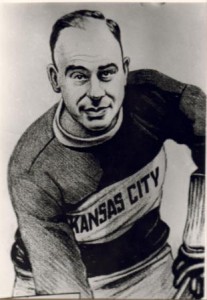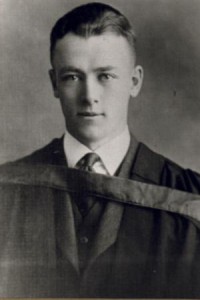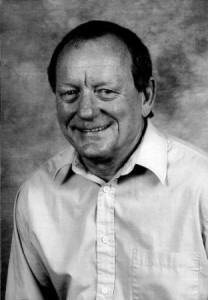 Ken Miller was born in Sarnia, Ontario in 1947 where he began his weightlifting career. In his hometown, he was a member of the Turcotte Athletic Club from 1970-1977.A career business decision brought him to the Collingwood area in 1977 resulting in Ken founding the Blue Mountain Weightlifting Club.
Ken Miller was born in Sarnia, Ontario in 1947 where he began his weightlifting career. In his hometown, he was a member of the Turcotte Athletic Club from 1970-1977.A career business decision brought him to the Collingwood area in 1977 resulting in Ken founding the Blue Mountain Weightlifting Club.
Over his career, he has competed at Local, Provincial, National and International Levels since 1970 – winning numerous local, Gold, Silver & Bronze medals. Ken has held the title of the Ontario Open Champion – multiple times alongside scores of Gold, Silver and Bronze medals.
A member of the Ontario Weightlifting Team since 1970, Ken has earned a Bronze Medal at the Canadian National Championship. In his early competitive years, Ken reached the National standards to compete at the National Championships. Incredibly, Ken has been a 6-time Gold Medalist 6 times at the Canadian Masters Championship (1993, 1996, 1997, 1998, 1999, 2000).
On the International Scene, Ken has participated in events around the globe as a member of the Canadian Masters Weightlifting Team from 1990 through today. His medalist accomplishments include:
Pan American Masters Championships – Gold, Silver, Bronze medalist (Competitors
from North & South America and Caribbean Islands) – about 7 competitions
World Masters Games –BrisbaneAustralia – Silver Medal
World Masters Championships – Bronze Medalist – representing Canada against competitors from all over the world.
Ken has set or still holds Ontario, Canadian, Pan American and British Commonwealth Masters records.
Understandably, there are few “honours “available after this list of incredible achievements. However, the the Ontario Weightlifting Association recently recognized his 25 continuous years within the sport. He has competed, coached and administrated in the sport of weightlifting for 35+ years.
He has also participated in baseball, fastball, slo-pitch, golf and hockey.
Ken has continued to follow his own competitive path as an athlete and also acted as an ambassador for the sport of weightlifting in the community and also for Collingwood in the International weightlifting arena. Ken has been an inspiration, coach and mentor to many younger athletes over the years.
Some of the more prominent ones would include:
1) Former President & Treasurer – Ontario Weightlifting Association
2) Former Chairman of Canadian Master Weightlifting Association
3) Level 1 coach – Coach with Blue Mountain Weightlifting Club (25 years)
4) Chairman – Canadian Master Weightlifting Championships – Collingwood 1993
5) Co-chair of World Master Weightlifting Championships – Collingwood 1996
6) Co-chair of Pan American Masters Weightlifting Championships – Collingwood 1999
7) Co–chair Canadian Weightlifting Championships- Collingwood 2001
8) Representative for Canada at World Masters Congress
9) Co-chair of annual Collingwood Open Weightlifting Championships- 8+ times
10) Representative of Collingwood on the Provincial, National and International weightlifting scene
The Town of Collingwood could not have a better ambassador for the community and sport. Ken has always demonstrated a desire for sportsmanship, a trait that he willingly imparts to fellow competitors during competition. Ken is truly recognized as a gentleman within the weightlifting community, and eager and focused competitor but one that always ensures the experience is a joyous one for him and his fellow competitors.
This evening, April 21, 2007, the Collingwood Sports Hall of Fame welcomes Ken Miller as an enshrined member for his Athletic achievements.
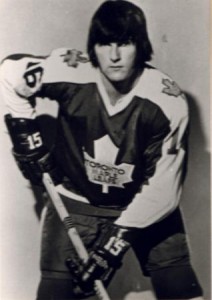 Randy Osburn was born in Collingwood, played all his minor hockey in Collingwood under such competent coaches as Dennis Robinson, Harvey Pearen and the late Merv Smith.
Randy Osburn was born in Collingwood, played all his minor hockey in Collingwood under such competent coaches as Dennis Robinson, Harvey Pearen and the late Merv Smith.
